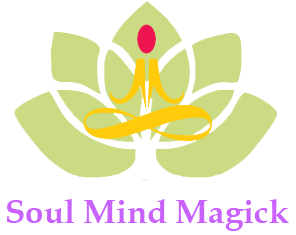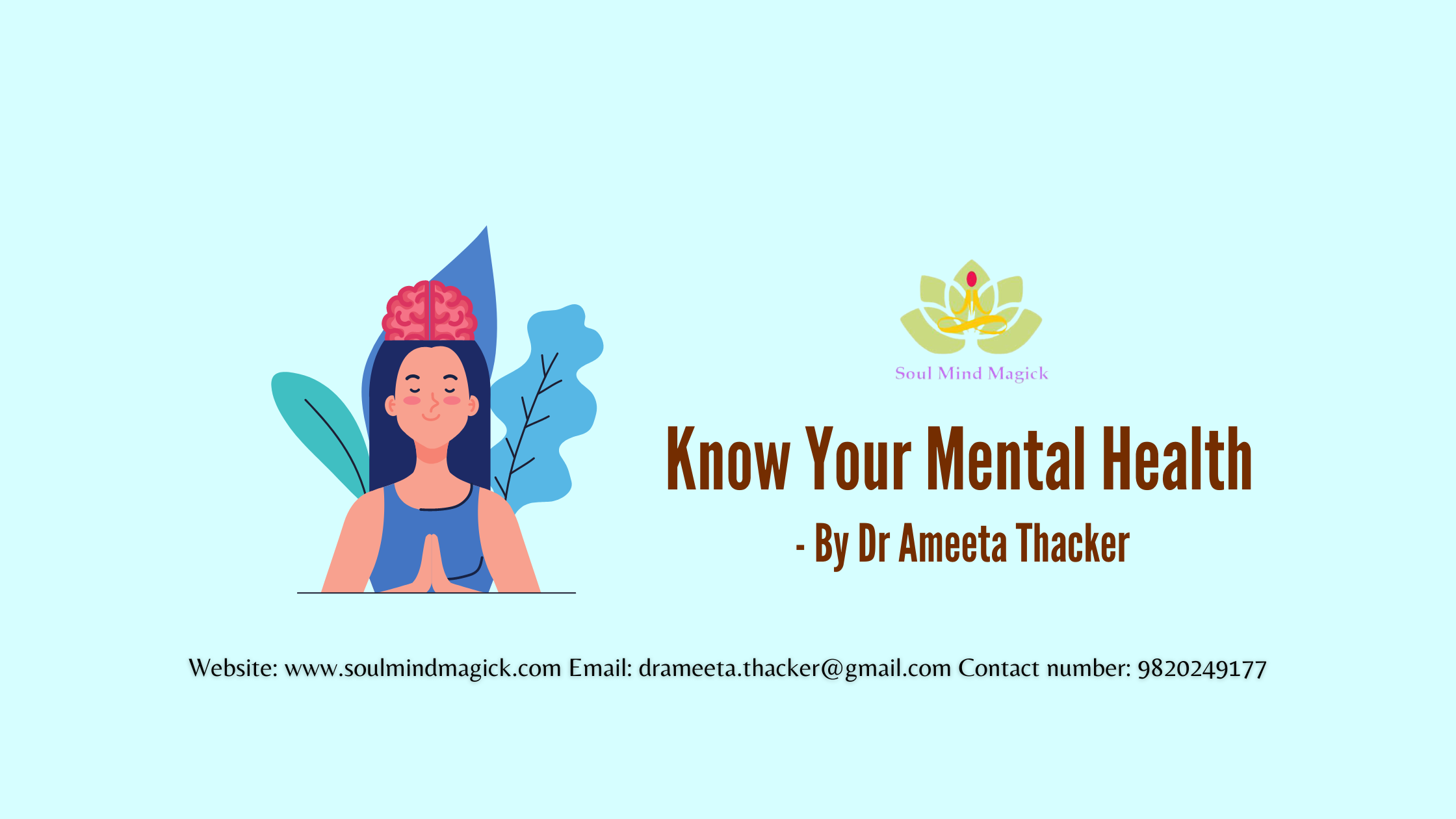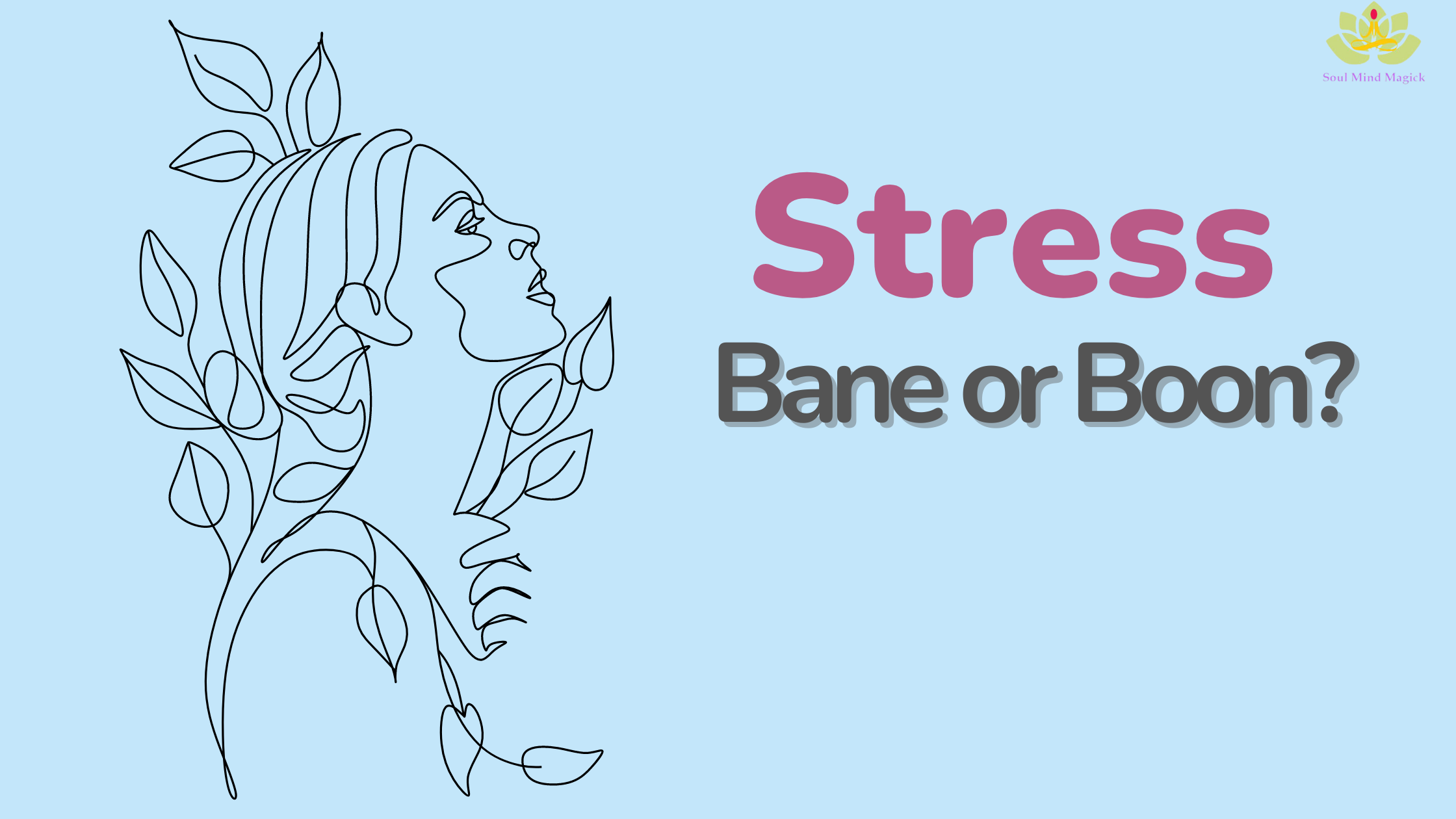Know Your Mental Health
There are several definitions available for mental health from the World health organization (WHO) to American psychological association (APA), from general medical websites to Google.
Let’s start with WHO
According to the WHO, mental health is “a state of well-being in which the individual realizes his or her own abilities, can cope with the normal stresses of life, can work productively and fruitfully, and is able to make a contribution to his or her community”
On the other hand APA defines
A state of mind characterized by emotional well-being, good behavioural adjustment, relative freedom from anxiety and disabling symptoms, and a capacity to establish constructive relationships and cope with the ordinary demands and stresses of life.
And Google simply defines it as
A person’s condition with regard to their psychological and emotional well-being.
But what truly is mental health? Or to be precise what is to live with a relatively healthy mental state? The answer lies within the experience of you, your thoughts and feelings, your attitude, your coping mechanisms to different situations etc.
Besides the above things mentioned, your mental health includes also your physical health and your social wellbeing. To see a person ‘s health as “Holism”; It means, seeing the complete person, not just biological part but also considering psychological and social factors, as these parts share intimate interconnection amidst them as scientifically proven .
It includes your inner world as well as how you are coping with your outer world. It is also not about excluding or negating your so called negative emotions likes of anger, sadness, jealousy etc. The Key lies in how one applies these emotions in their day to day life.
Suppressing and Repressing negative emotions affect the body and thereby physical health. Your mental health not dealt appropriately, can spill over your physical health and thereby the entire being. Hence checking your mental health from time to time goes a long way to managing your health and wellbeing in truly a holistic way.
No two person’s mental health can be same at the given moment of time. Hence to define or measure mental health by just one glass of lens is difficult and restrictive. Your mental health state is yours. For instance, for one person a situation can be distressing and for another person the same situation can be a piece of cake. Hence mental state depends from person to person and their individualised perception of their life situations.
Knowing thyself is prerequisite to heal thyself. Knowing and acknowledging your thoughts, emotions, attitude, behaviour and coping mechanisms goes a long way to maintaining your health on all level.
Just as we have physical body check-up, how about having mental health check-up periodically. Being proactive with your mental health check-ups, can makes way for healthy life. Wherever required it also helps in diagnosing the breakdown in your mental health at an early stage and do the needful.
So keep yourself healthy in a holistic way by taking the charge of your mental health.
To get a personalised mental health check-up visit on the below and fill in the quiz, we shall share your report withing a week:
Quiz Link


